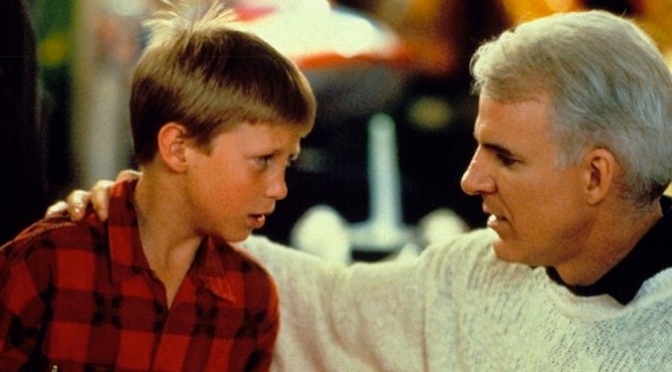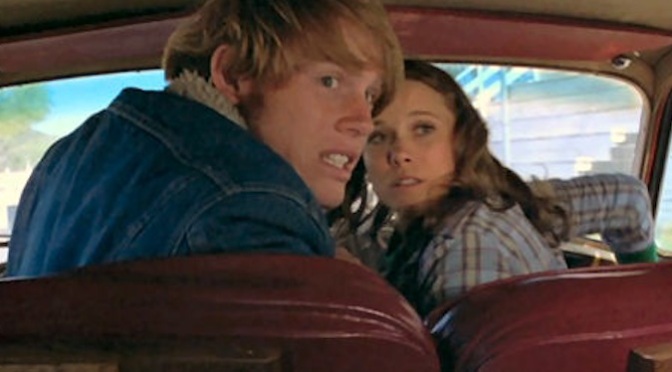At some indiscriminate point in the ’90s movie producers everywhere decided to simply stop caring about trying to get actors to do passable Irish accents. Can’t we try, begged writers and moviegoers and people from Ireland, at least try to make this sound accurate? We know it’s more appealing to have a major American beefcake rather than, say, an actual Irish guy playing the role of “actual Irish guy”, but can’t we spend the extra time/money to ensure this film won’t become a laughingstock in ten years, or five, or instantaneously? Please? Please?

We’ve charted a course backwards through movie time and discovered Far and Away to be one of the earliest and most egregious offenders. If not patient zero per se, Far and Away is effectively worse than the index case for presenting itself on the largest possible stage and thus spreading the Awful Irish Accent disease much more quickly. Prior to Far and Away a shitty accent was a shitty accent. After Far and Away, a shitty accent became a perfectly acceptable feature of a major blockbuster because Ron Howard and Tom Cruise and Nicole Kidman couldn’t be bothered to do better. Why should anyone else?







